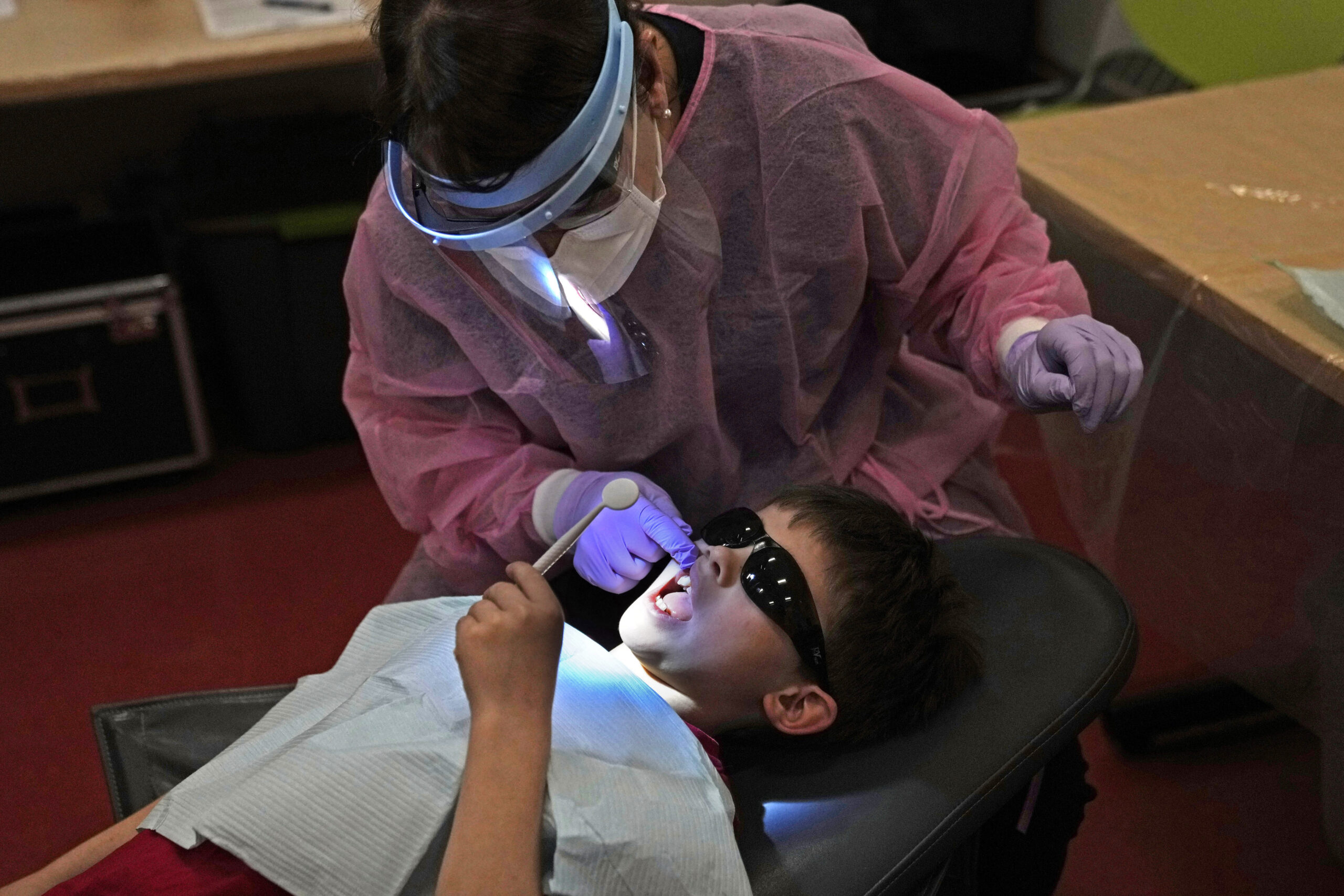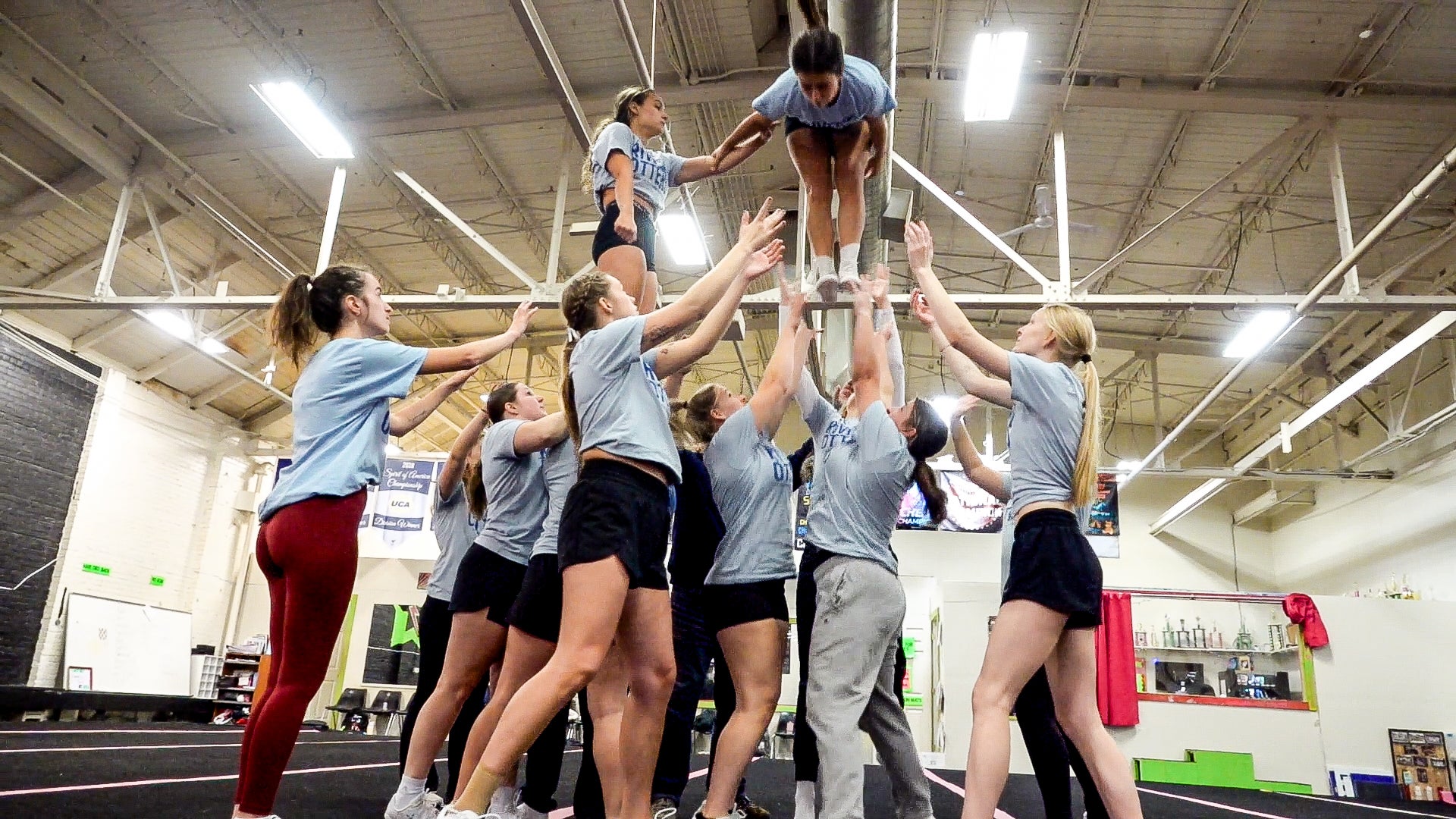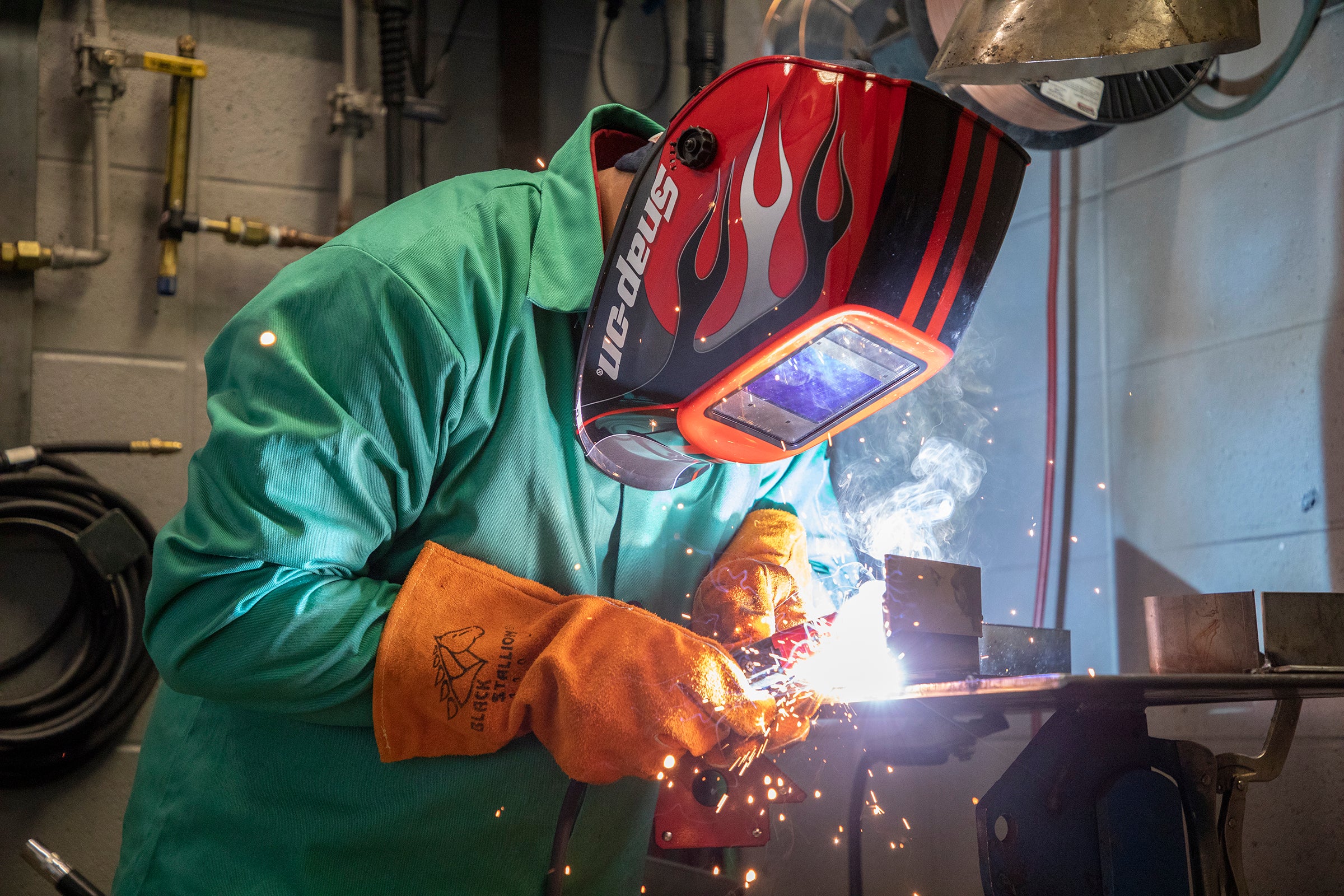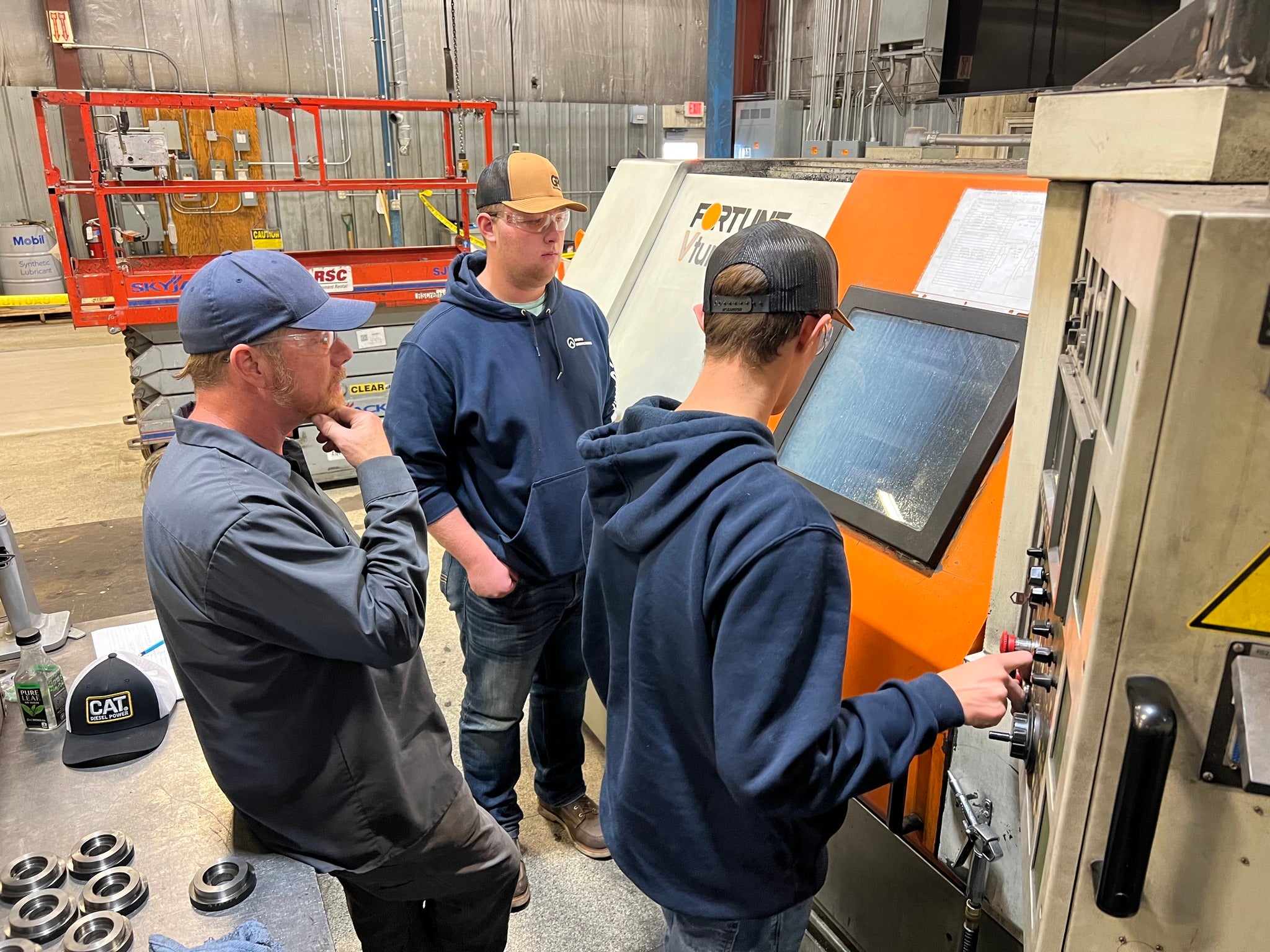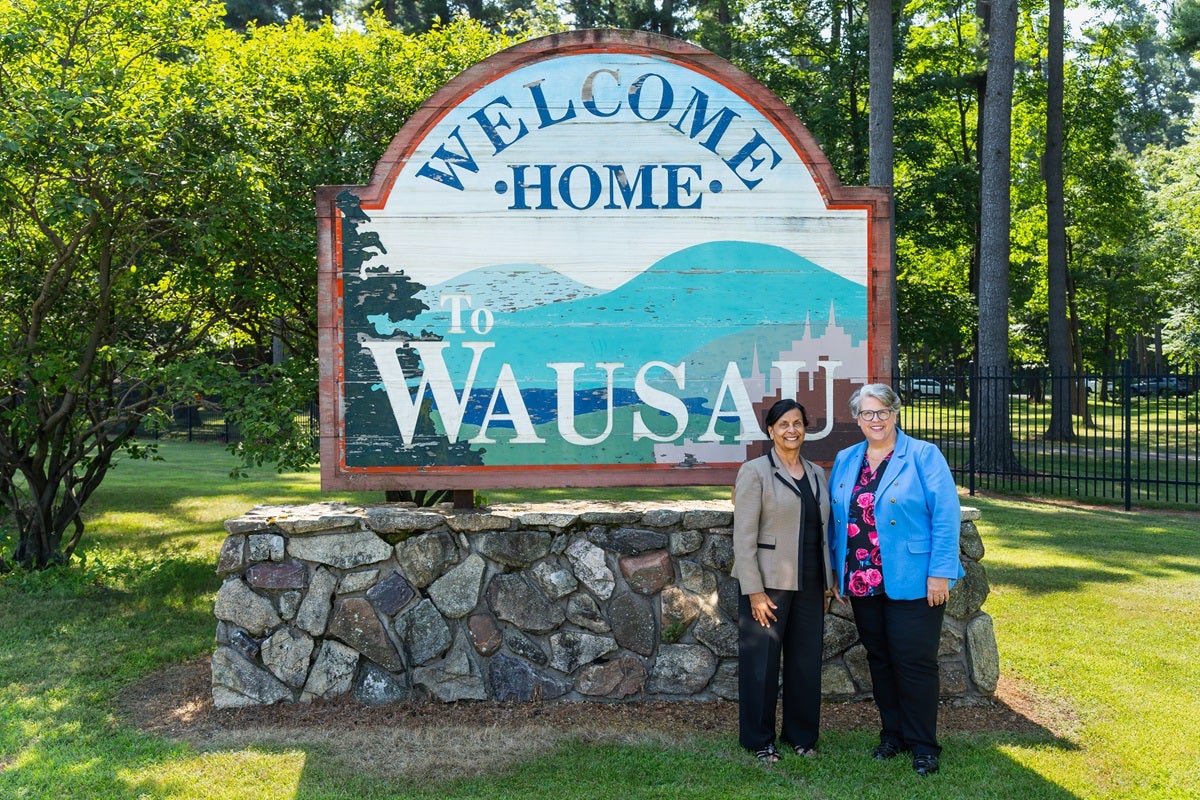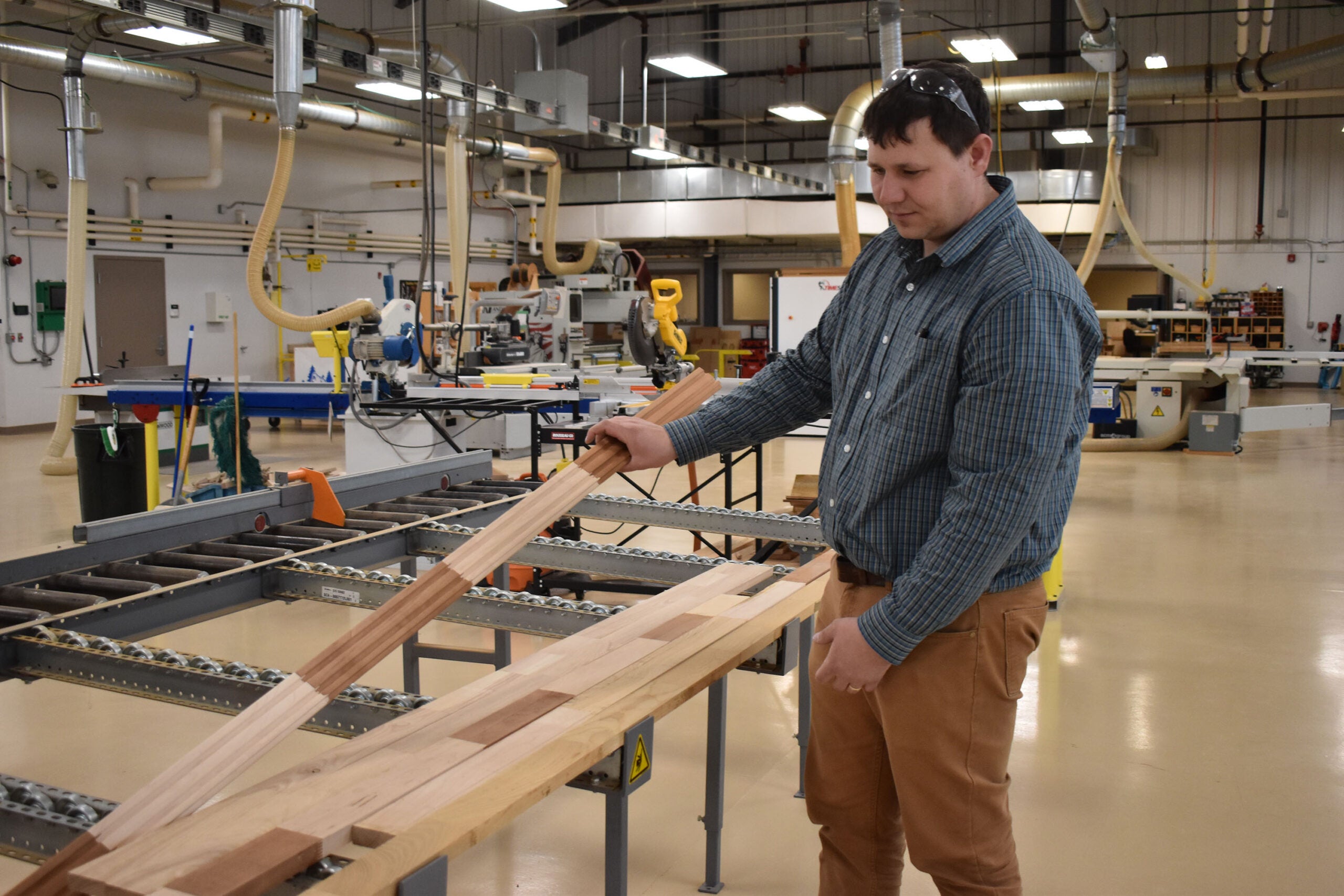Wisconsin’s technical colleges are expecting to hand out 200 more dental credentials every year thanks to new state funding and a recent donation from the Delta Dental of Wisconsin Foundation, the new leader of the state’s tech college system said recently.
Layla Merrifield started as president of the Wisconsin Technical College System on Sept. 9. She told WPR’s “Wisconsin Today” that this up-to $2 million donation will help to match funds the Wisconsin Legislature and Gov. Tony Evers approved earlier this year.
“If you multiply that (200 additional credentials) out to the number of patients that a dental hygienist or a dental assistant can impact in a year, we think it’s going to make a real difference — particularly for Medicaid patients and our rural populations, who often have severe dental workforce shortages,” Merrifield said.
News with a little more humanity
WPR’s “Wisconsin Today” newsletter keeps you connected to the state you love without feeling overwhelmed. No paywall. No agenda. No corporate filter.
Merrifield, a veteran of the technical college system, oversees the state’s 16 technical colleges, which enroll hundreds of thousands of students and issue more than 26,000 credentials every year.
Merrifield has served as the executive director of the Wisconsin Technical College District Board Association since 2015. Before then, she was a fiscal analyst for the Wisconsin Fiscal Bureau and a policy advisor for the technical college system. She is taking over for Morna Foy, who retired from the system after serving as president for more than 12 years.
Enrollment in the state’s technical school system has steadily declined over the past decade. But Merrifield said the system is on the road to recovery.
“A decade ago, we were still coming out of the depths of the Great Recession when we had record demand. We were holding classes in closets and in hallways at that point,” she said. “COVID had a profound impact on higher education. We did see a significant drop in 2020-21 in our enrollments. But I’m happy to say that in the three years since (fiscal year 2021), we’ve seen growth every year.”
Merrifield joined “Wisconsin Today” to weigh in on some of the most pressing issues facing the state’s largest public higher education system.
The following was edited for clarity and brevity.
Kate Archer Kent: The Delta Dental of Wisconsin Foundation recently donated money to help create nine new dental hygienist, dental assistant and dental therapy programs, as well as expand other existing programs in this area of oral health. What impact will this have on dental care in Wisconsin?
Layla Merrifield: The impact is going to be massive once it’s fully implemented.
In the last budget cycle, we were allocated $20 million that was really aimed at capital costs to expand the size of our dental labs and clinics on our campuses. Operatories and chairs are just an incredibly expensive endeavor to install and to maintain, so that’s going to help us literally add chairs in the labs. And then we will be challenged to reallocate our operating funds to make sure that we have sufficient faculty who are available to teach those courses. Often, those are working or retired dentists who we need to supervise those hygiene courses.
KAK: What are the barriers preventing students from enrolling in Wisconsin’s technical colleges?
LM: Because we are open access, we serve so many different populations of students. So it really varies tremendously.
We’ve seen explosive growth in our high school enrollments through dual enrollment. Over 62,000 high school students served in the most recent year, which has tripled in the last 10 years. Sustaining that growth is a challenge.
We saw a huge drop-off during COVID of our incarcerated population enrollments. So we continue to try to build back and provide access for those folks who often need adult education and are really looking to get their high school diplomas and high school equivalencies and then hopefully move on to post-secondary work.
We’re seeing growth in our English language learner populations as we see refugee resettlements throughout Wisconsin. Our technical diplomas and applied associate degrees are holding steady in terms of enrollment. We see solid demand there. I think our students are really looking at the opportunity cost of going to college right now when the labor market is so strong. And we’re seeing solid wage growth in Wisconsin — it just raises that opportunity cost.
I think we’re also challenged with child care in the state. We lost around 30 percent of our child care providers during COVID. I think that’s a real challenge for our working families to try to find alternative care for their kids so that they can spend time in class. We’ll continue to try to find solutions for those working adults and make sure they understand that we have a wide range of wraparound support services that are waiting to help them.
KAK: System Board President Mark Tyler boasted that the state’s tech colleges have a student population more racially diverse than the state’s demographics overall. What are your views on diversity, equity and inclusion initiatives in the state’s technical college system?
LM: Our employers tell us that a stronger workforce is a more diverse workforce. Many of our local chambers of commerce and our individual employers — some of our largest employers in the state — continue to talk about DEI as a workforce imperative, and we view it similarly.
In the Wisconsin Technical College System, we’ve always been an open access system, and we’ve always had a huge diversity of learners from different racial backgrounds. … We disproportionately serve more first-generation students. We disproportionately serve more students who have academic challenges, who have financial barriers. And it’s part of our statutory mission to really address those barriers head-on and prioritize nontraditional occupations and to make sure that the Wisconsin workforce has equal access to the opportunities that are available in the labor market. We continue to think about how we can best serve diverse populations throughout the state — no matter the challenges, no matter the barriers.
My personal passion is to implement a more universal design for learning principles in everything that we do, in our classrooms and in our workplaces, and make sure that we are a welcoming place for folks with neurodivergent learning styles. I think that’s something that younger generations are becoming much more aware of, and are really breaking down the stigma around that. And for me personally, I would really like technical colleges to be known as neuro-inclusive places to work and to learn.
Wisconsin Public Radio, © Copyright 2026, Board of Regents of the University of Wisconsin System and Wisconsin Educational Communications Board.

